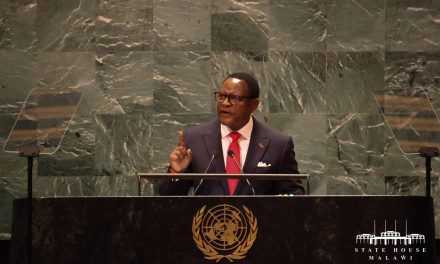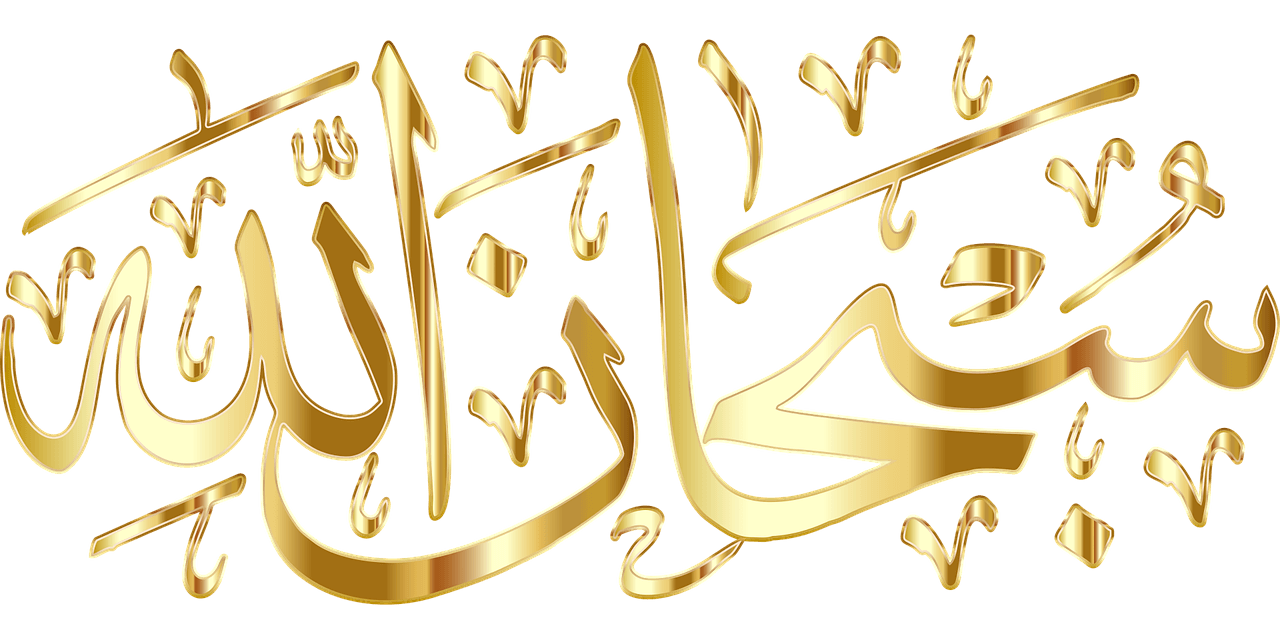
Models of Takaful (Insurance)

There are various models of takaful according to the nature of the relationship between the company and the participants. There are wakalah (agency), mudarabah and a combination of the two. In the Sudanese takaful model, every policyholder is a shareholder in it. An Operator runs the business on behalf of the participants and no separate entity manages the business. Shari’ah experts consider this preferable. In other Islamic countries, the legal framework does not allow this arrangement and takaful companies work as separate entities on the basis of mudarabah (in Malaysia) and wakalah (in the Middle East).
In the mudarabah model practised mainly in the Asia Pacific region, the policyholders receive any available profit on their part of the funds only. The Shari’ah committee of a takaful company approves the sharing ratio for each year in advance, most of the expenses being charged to the shareholders.
In the wakalah model, the surplus of policyholders’ investments – net of the management fee or expenses – goes to the policyholders. The shareholders charge the wakalah fee from contributions and this covers most of the expenses of the business.
The fee is fixed annually in advance in consultation with the company’s Shari’ah Supervisory Board. The management fee is related to performance.
DIFFERENCES BETWEEN TAKAFUL AND CONVENTIONAL INSURANCE
The overwhelming majority of Islamic jurists have concluded that the conventional insurance contract is unacceptable to Islam, not being in conformity with the Shari’ah for the following main reasons:
IT INCLUDES AN ELEMENT OF ALGHARAR (UNCERTAINTY)
It is based on the theory and practice of interest; a conventional life insurance policy is based on interest, while an
Islamic model is based on tabarru where where a part of the contributions by participants are treated as donation.
For this reason, policy holders in takaful are usually referred to as participants.
IT IS A FORM OF GAMBLING
First and foremost, Islamic insurance, in conformance with the Shari’ah, is a form of social solidarity (takaful), based on the principles of trusteeship and cooperation.
In conventional insurance, the insured substitutes certainty for uncertainty. In return for a predetermined payment, the premium, he/she transfers to the insurer the possible economic losses from stipulated risks. In Islamic insurance, the participants share all risks mutually and no transfer of risk is involved.
Conventional insurance companies are motivated by the desire for profit, while Islamic insurance companies are
nonprofit making, the shareholders not being entitled to share in the profits of the business although they are entitled to charge fees for their services and share in the investment returns of funds managed by them.
The policy-holders in a conventional insurance company have no right to them vote in the elections of the
directors of the company or to see the annual accounts of the company, while in Islamic companies; these facilities are available to all participants who pay a certain stipulated amount of premiums (contributions).
In the takaful system, if the assured dies before the policy matures, the beneficiary is entitled to the whole amount of the premiums, the bonus and dividend and a share of the profits made over the paid premiums, plus a donation from the company out of the participants/policyholder’s contributions given on the basis of tabarru. Such a transaction is seen as a mutual contribution towards the welfare of the helpless in society. Where the insured is still alive on the maturing of the policy, he/she is entitled to the whole amount of the premiums, a share of the profit made over the premiums, a bonus and dividends according to the company policy.
In a conventional life insurance policy, the agent’s payments are paid out of the insured’s paid premiums, whereas
in the Islamic model, the agents work for the company and thus are paid by the company.
The insurable interest in the conventional system is usually paid to the policyholder, if he/she is alive at the expiry of the policy. If he/she dies before that date, the insurable interest is paid to the beneficiaries, who may
include including family, servants, company, trustee, partners, mortgagor, etc. But under the Islamic model, the
insurable interest goes to the assured or his/her heirs, according to the principles of Mirth or Wassiyah.
































